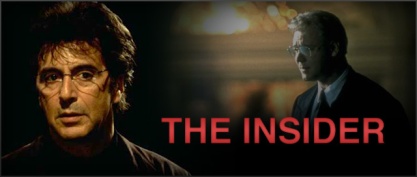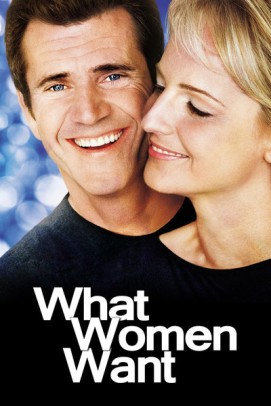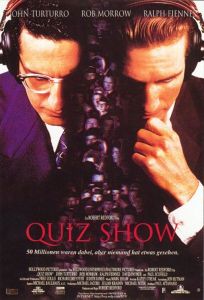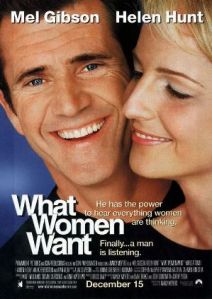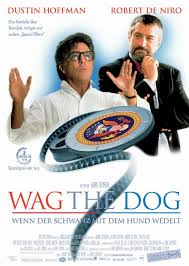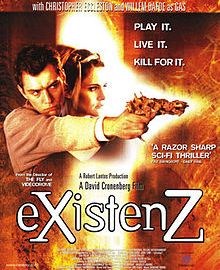by Alex Dodds
The Truman Show is a fantastic movie with a great storyline. The film has received high praise from critics, with an 8.1/10 rating and a Top 5,000 rating on IMDb. For those who have not had the opportunity to watch the film, take a look at the trailer:
What a lot of people do not think about when watching The Truman Show is the ethical implications that arise throughout the movie’s 103 minutes. Things like secrecy, harm, and the principle of humanity all come to the surface in a truly creative film.
Christof, the producer of the show known as “The Truman Show”, first and foremost was blocking information intentionally from Truman to prevent him from possessing, learning, or using it–otherwise known as secrecy. By doing this, Truman did not have a fair chance to make an informed decision. Christof has a responsibility to Truman to reveal as much as is necessary to afford him this decision. Due to the lack of transparency and the secrecy between the cast and crew, Truman was put at serious risk.
Truman was harmed in the making of “The Truman Show” as he had to struggle with the idea that his whole life was a lie. Christof was guilty of wrongful acts that “set back” interests and undermined the dignity of Truman. If Christof had non-maleficence and had avoided harming Truman, the producer would have upheld his obligation to minimize harm.
One framework Christof could have used to make more ethically correct decisions is The Principle of Humanity. The Principle of Humanity suggests that we cannot use people as a means to an end. This goes along with the Theory of Human Dignity, which states all humans require a certain amount of respectful treatment. If Christof had followed either of these two ideas he would have been under much less scrutiny from those viewers who did not agree with what he was doing to Truman.
All of the ethical issues discussed above really take away all sense of autonomy for Truman. While this is a wonderful film I would suggest anyone to watch, I also strongly urge you to think about the ethical implications of the film and relate it to the media today. It is crucial for us as consumers to think critically about what we are consuming. However, those creating the content have an obligation to do everything in their power to be as ethical as possible and abide by the principle of humanity.
References:
The Truman Show [Motion picture]. (1998). Paramount Pictures.
The Truman Show. (n.d.). Retrieved April 20, 2015, from http://www.imdb.com/title/tt0120382/

